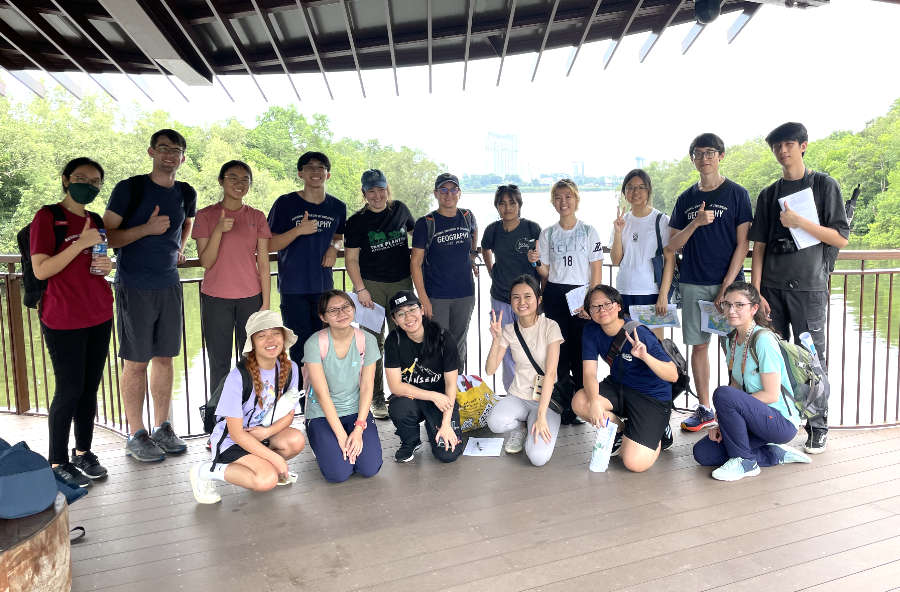
National University of Singapore
Department of Geography
Field Trip Blogs
current courses – 2022
GE1101E Geographical Journeys: Exploring World Environments
This course introduces contemporary socio-economic and environmental issues/processes shaping our world, and the geographical perspectives needed to understand them better. Starting with ‘how geographers view the world’, the module offers a lens to analyse such issues as climate change, global water issues, urban flooding, human-environment relations, challenges of migration, pop-cultural diffusion, economic integration and so forth. Each lecture will start with a contemporary scenario that students are familiar with followed by geographical analyses of and approaches to the issues. The goal is to develop students with strong ‘geographical imaginations’ better able to understand the world and all its complexities in a holistic way. Part 1 of the module is Human Geography while Part 2 is Physical Geography.
GE2101 Methods and Practices in Geography
This course aims to introduce undergraduate students to various methods and practices widely used in both human and physical geography. Lectures will focus on fundamental research concepts, study design, as well as data collection, analysis, and representation. Students will learn skills including interviews, participant observation, archival analysis, reading landscapes, surveys, field sampling, GIS spatial analysis, statistical analysis, and field note collection. In tutorials, students will acquire hands-on field experience in a range of research practices.
GE3255 Aquatic, Riparian and Coastal Ecosystems

Water is present and moves through all parts of the Earth system; the freshwater component, amounting to about 1% of water on Earth, is fundamental to life. This coursefocuses on rivers, lakes, estuaries, and wetland ecosystems. In addition, we will explore adjacent areas such as riparian zones and coastal aquatic systems (intertidal zones, coral reefs, and coastal marine ecosystems). Taking a global perspective, with a focus on the tropics and Singapore, this module explores the reservoirs, pathways, and functioning of the hydrologic cycle, and the interactions between water and land, both on and below Earth’s surface. Dynamic hydrological processes and their effects, aquatic ecosystems, human interactions and impacts, and eco-hydrology are also covered.
GE4224 Applied Biogeography
Water is present and moves through all parts of the Earth system; the freshwater component, amounting to about 1% of water on Earth, is fundamental to life. This coursefocuses on rivers, lakes, estuaries, and wetland ecosystems. In addition, we will explore adjacent areas such as riparian zones and coastal aquatic systems (intertidal zones, coral reefs, and coastal marine ecosystems). Taking a global perspective, with a focus on the tropics and Singapore, this module explores the reservoirs, pathways, and functioning of the hydrologic cycle, and the interactions between water and land, both on and below Earth’s surface. Dynamic hydrological processes and their effects, aquatic ecosystems, human interactions and impacts, and eco-hydrology are also covered.
GE5211 Dynamic Environments
The primary goal of this course is to provide students with a thorough understanding of dynamic environments in wetland ecosystems, the practice of ecological restoration and the science of restoration ecology.
In this course we will examine both natural biotic and abiotic processes that shape wetland ecosystems; impacts from anthropogenic impacts and natural stressors; and policy related to their management, restoration, and conservation. Emphasis will be placed on the application of ecological principles to restoration design, implementation, and monitoring. Major course topics will include: restoring vegetation, soils, hydrology, and wildlife; monitoring and assessment of restoration projects; and restoration policy and regulatory issues. Restoration examples presented and discussed will be selected from a variety of wetland ecosystems to illustrate the course concepts, including mangrove forests, freshwater floodplain wetlands, riparian ecosystems, and peat swamps. We will explore the dynamic interactions in landscape connection between river systems and other terrestrial ecosystems with coastal wetlands as well as their connection with coral reefs and marine ecosystems. Also, we will discuss in depth direct and indirect effects of climate change on forested wetland ecosystems globally, and examine policy and restoration solutions to forest loss, mitigation and sustainability.
